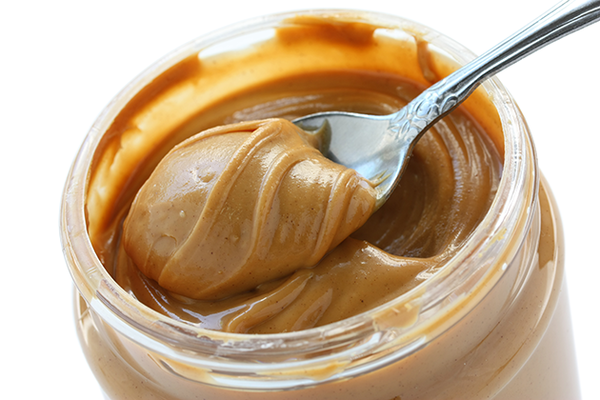Kids With Food Allergies will recap some of the top research in food allergies every quarter. Here is a look at studies reported between April and June 2017. Read about how environment can trigger eosinophilic esophagitis, how many kids are taking life-saving medicines to camp and more.
Introducing Some Foods to Babies Can Reduce Chance of Becoming Sensitized to Certain Foods
Canadian researchers found that waiting to introduce cow’s milk, eggs and peanuts to children until after they are 12 months old can increase their chance of allergic sensitization to certain foods.1 Of the more than 2,100 children studied by skin prick testing, experts found children who weren’t given cow’s milk in the first year were four times more likely to become sensitized to it. For egg and peanut, children were twice as likely.
The study also found that giving a child eggs early prevented sensitization to all three foods.
This study only used skin prick testing. Oral food challenges were not given.
Why is this important?
Giving a child cow’s milk, eggs and peanuts in their first year may reduce the risk of allergic sensitization to these foods. All three are part of the top 8 foods that cause food allergy reactions.
An Infant’s Environment Can Trigger Eosinophilic Esophagitis
Eosinophilic esophagitis (EoE) is an allergic swallowing disorder. Experts believe that factors in a baby’s environment before, during and after birth can increase their risk of EoE. These can include:
- Preterm labor
- Fever in a pregnant mother
- Cesarean delivery
- Antibiotics given when the child was a baby
- Acid reducing medicines given when the child was a baby2
Why is this important?
These findings can help experts find what can trigger EoE, reduce risk and improve treatment.
Many Kids Aren’t Bringing Life-Saving Medicine to Camp
A recent study found that only 40 percent of campers with food allergies bring their epinephrine auto-injectors to camp.3 This means many children go to camp without appropriate medicine and emergency treatment plans to treat allergic reactions to foods. When children don’t bring their emergency medicines, they are at a higher risk of death from a severe allergic reaction called anaphylaxis.
Why is this important?
If you send your child to a camp next year, make sure to pack their epinephrine auto-injectors. Also, talk to the camp staff about your child’s allergies and reactions. Make sure they are properly trained on how to serve your child safe food and handle an allergic reaction. Our webinar Off to Camp With Food Allergies has tips on sending your child away to camp safely.
Medical Review September 2017.
JOIN NOW
References
1. Tran, M., Lefebvre, D., Dai, D., Dharma, C., Subbarao, P., & Lou, W. et al. (2017). Timing of food introduction and development of food sensitization in a prospective birth cohort. Onlinelibrary.wiley.com. Retrieved 18 September 2017, from http://onlinelibrary.wiley.com...1/pai.12739/abstract
2. Jensen, E., Kuhl, J., Martin, L., Rothenberg, M., & Dellon, E. (2017). Prenatal, intrapartum, and postnatal factors are associated with pediatric eosinophilic esophagitis.Journal of Allergy and Clinical Immunology. Retrieved 18 September 2017, from http://www.jacionline.org/arti...(17)30917-X/abstract3. Food Allergy Trends and Epinephrine Autoinjector Presence in Summer Camps. (2017). Ac.els-cdn.com. Retrieved 18 September 2017, from http://ac.els-cdn.com/S2213219...74eb55f29dbd21b91fca





Comments (0)